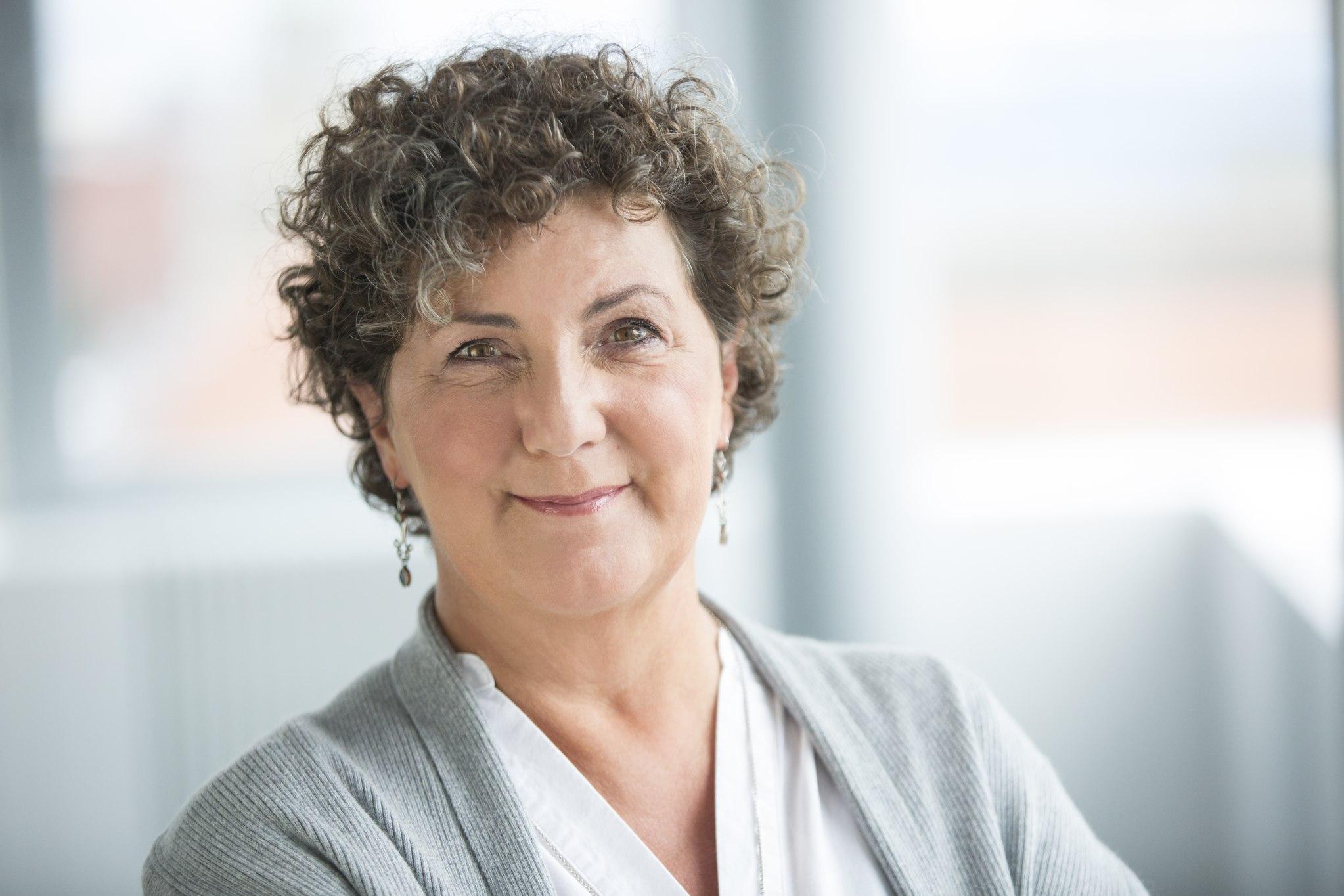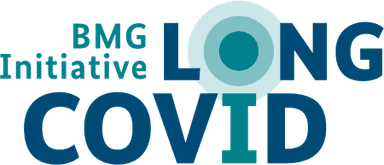Note: The following text is a guest article. They reflect the personal views of the author. The article is not an expression of opinion by the Federal Ministry of Health.
Guest article: Anja Piel
Anja Piel, Member of the Federal Executive Board of the German Trade Union Confederation (DGB), explains in her guest article why Long COVID is a challenge for society as a whole and what is needed in order to better help those affected.
Published on 08.01.2024

© DGB/Joanna Kosowska
Long COVID: A challenge for society as a whole
The scale of the challenge confronting us as a society is gradually becoming more apparent: Hundreds of thousands of people in Germany are struggling with long-term effects following a coronavirus infection – with numbers continuing to grow. Thus far, no evidence-based treatment options that are effective in the long run are available. The pandemic revealed that the long-term effects of infectious diseases had not been sufficiently researched. A glaring absence of specialist knowledge in the diagnosis and treatment of those affected as well as a lack of specialised facilities and targeted treatment approaches remain a significant problem.
Besides the considerable health impact on those affected, the long-term effects of Long COVID increasingly also possess an economic dimension. For 2001 alone, scientists from the Frankfurt School of Finance estimated economic costs of 5.7 billion euros (measured by loss in gross value added). In addition, healthcare and pension systems were burdened with an estimated further 1.7 billion euros. As the number of people affected has continued to increase since, a considerably higher cost must now be assumed. As those affected often remain unable to work for long periods of time, Long COVID additionally exacerbates the lack of specialised staff in many sectors in Germany, thereby compromising economic development. Taking bold political action and making targeted use of sufficient funds right now, would be acting in solidarity with those affected and their families and the proper approach to averting the serious economic consequences of Long COVID.
More support for those affected: Specific demands and necessary action steps
The challenges resulting from Long COVID are manifold and extensive. It is therefore of key importance that we as a society act as one to guarantee better care and social security for those affected and ensure cutting-edge research to enable targeted treatment.
Facilitate better care
As the German Trade Union Confederation (DGB), we are pressing for sustained improvement in treating people with Long COVID. That is why we argue in favour of the set-up and support of a Germany-wide network of COVID outpatient clinics. Here the Länder, in particular, need to step up. A Germany-wide network of competence centres and interdisciplinary COVID outpatient clinics is of crucial importance to ensure a concentration of top-tier expertise in diagnosis, treatment and consultation. In addition, “off-label use” of medications needs to be facilitated and the expert group from the Federal Institute for Drugs and Medical Devices must create a corresponding list as fast as possible to enable treatment with these medicines to be covered by the statutory health insurance. Additionally, effective standard treatments need to be developed and adopted into the statutory health insurance funds' service catalogue.
Strengthen social security
In addition, we advocate more intensive cooperation between the social security agencies. Existing strategies must be developed further in such a way as to help achieve a seamless continuum of care between acute treatment, rehabilitation measures and socio-professional reintegration measures. But in order for social security agencies to be able to fulfil their important roles, their performance must also be financially secured in the long term. Policymakers need to set the parameters accordingly and uphold their responsibility to comprehensively strengthen the solidarity-based systems. This, for instance, also means ensuring that - without exception - all extraneous social insurance benefits and those that benefit society as a whole are finally financed by the state. Opportunities for socio-professional reintegration must also be oriented toward the individual needs of those affected. Employers should therefore facilitate flexible working time models and offer individual support at the workplace. This also includes employers taking employees’ concerns seriously and working together to find ways to ease them back into work.
Another important objective of ours is to simplify the recognition of a Long COVID illness acquired within the context of work as an occupational disease. This is because there are also many sectors outside of the public health service or welfare, where there is considerable risk of infecting oneself with the coronavirus and subsequently developing Long COVID. Simplifying its recognition as an occupational disease would improve the access of those affected to a more extensive range of services within the statutory accident insurance as well significantly strengthen their financial security. Furthermore, we have also identified the problem that due to a lack of comprehensive and unequivocally identifiable biomarkers, those affected could fall through the cracks in the social security system. The major health-related challenges are thereby compounded by fears for one’s livelihood, which may further complicate a return to societal life and also place a heavy strain on family members. Here better coordination between all of the social security agencies is needed, since a well-functioning welfare state must not abandon anyone affected, even when their needs go beyond the provision of medical care.
Promote relevant research
Despite all efforts, there are still too few effective treatment options for those affected. For treatment options to be improved effectively, research funding needs to be provided on a continued basis and to be increased further. An amount of just under 150 million euros, which has been earmarked for healthcare research in the financial year of 2024, must be made permanent and continually increased in subsequent years. Particular consideration must continue to be given towards the healthcare of children and young people so as to meet the specific demands of their group. Additionally, improved networking between national and international research projects is needed to pool knowledge and develop effective treatments at a faster rate.
All stakeholders involved need to make more efforts to come shoulder to shoulder in order to overcome the daunting challenge to our society that is Long COVID.
Vita
Anja Piel is a Member of the Federal Executive Board of the German Trade Union Confederation (DGB).
Qualified as an industrial management assistant and previous leader of the parliamentary group of the Green Party in Lower Saxony, she is also alternate chair of the Administrative Board of the Federal Employment Agency (Bundesagentur für Arbeit) and of the Board of the German Pension Insurance Association (Deutsche Rentenversicherung Bund – DRV Bund) as well as a member of the German Social Advisory Council.
